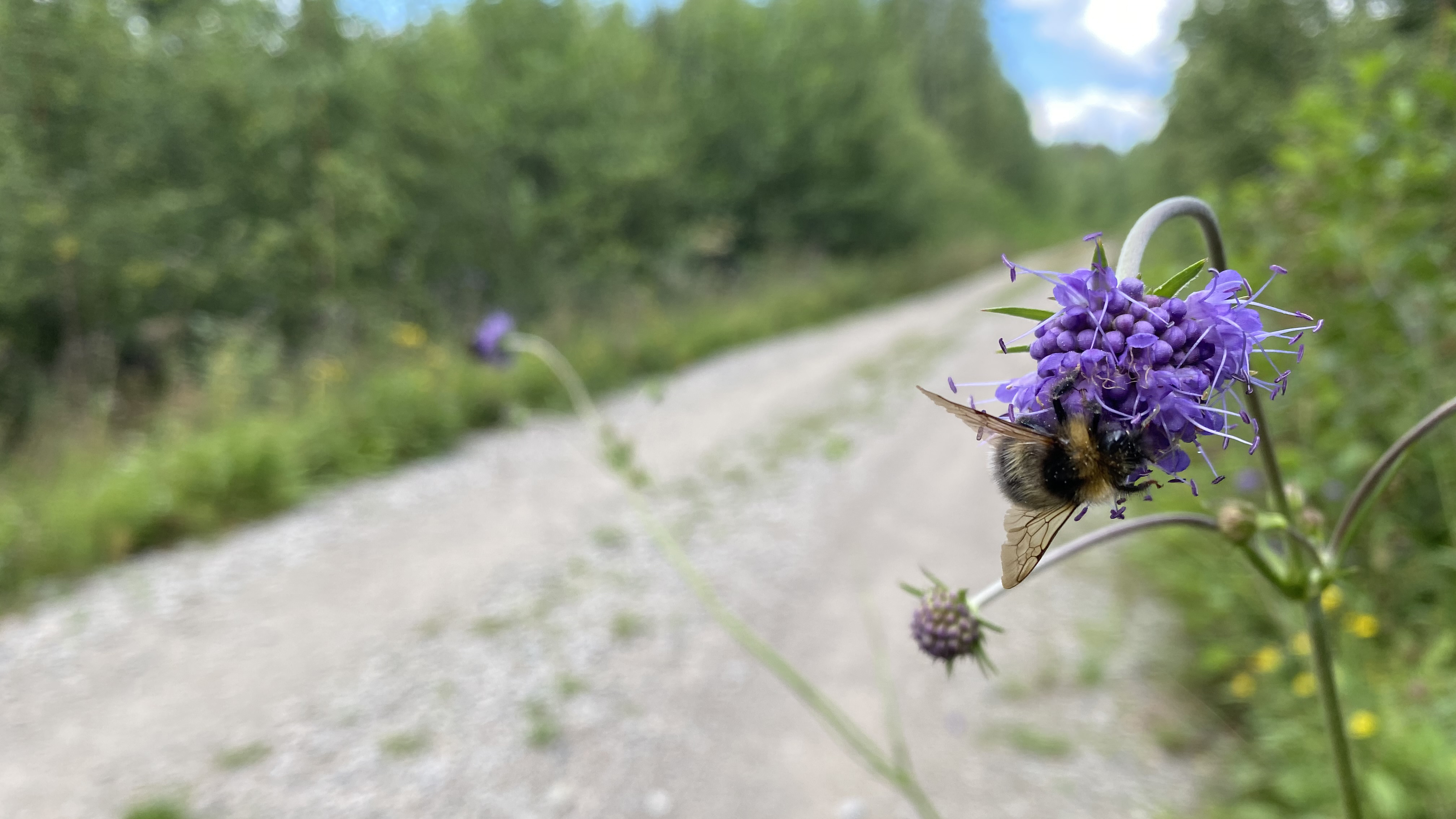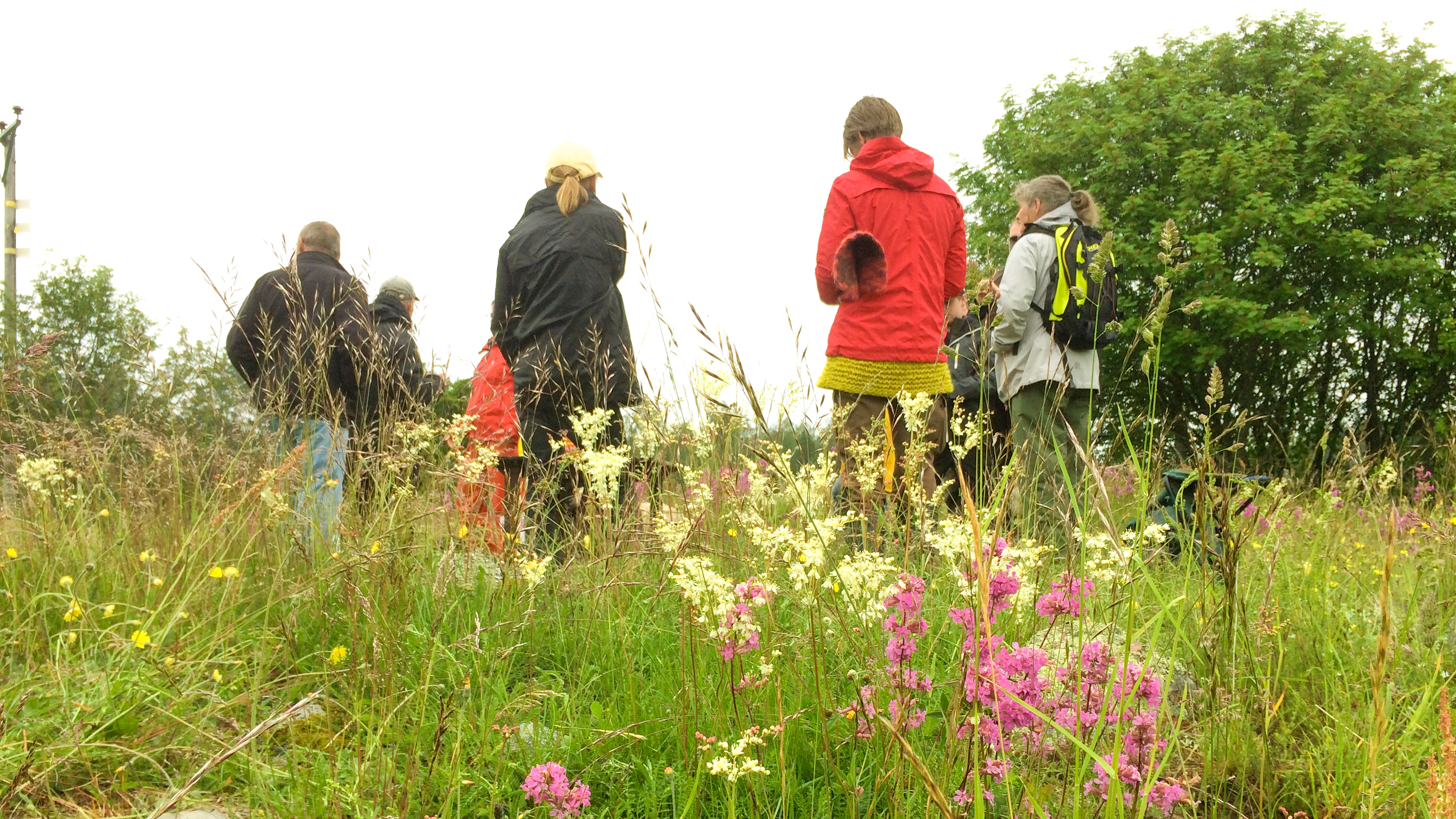
Vision and mission
We are a centre for research and communication on conservation, restoration and sustainable use of biodiversity as a crucial issue for society. SLU Swedish Biodiversity Centre is located within the Swedish University of Agricultural Sciences, SLU, in Uppsala.

Our history
The Swedish Biodiversity Centre (CBM) was was established by the Swedish Parliament in 1994 in order to meet the requirements of the Convention on Biological Diversity.

Contact us
Get in touch with us! Here you find details about our staff.